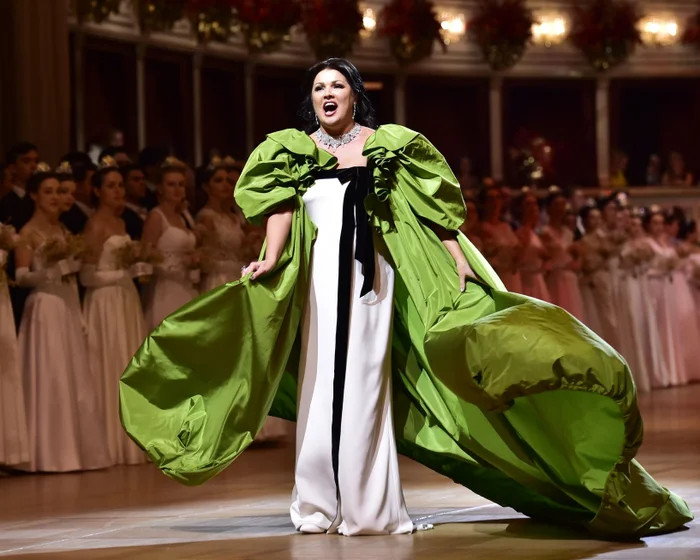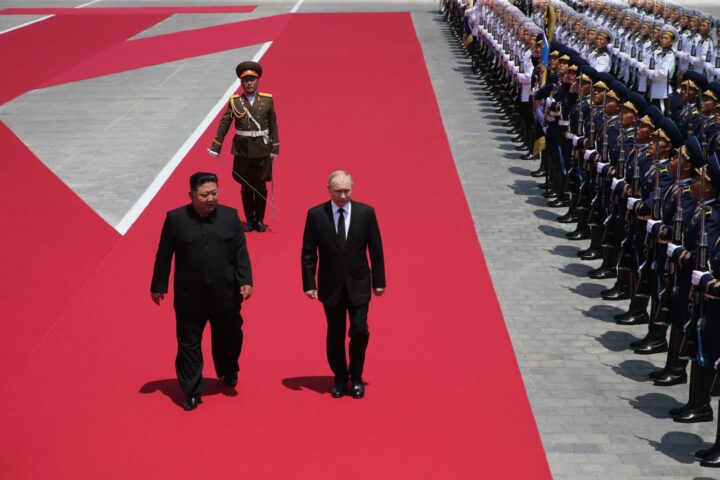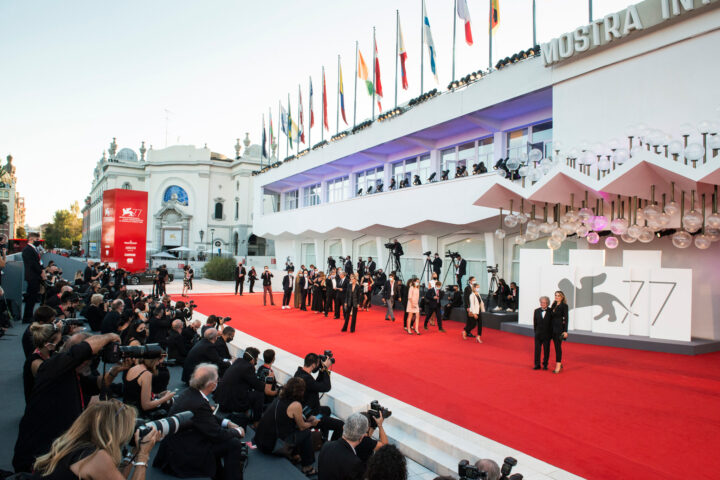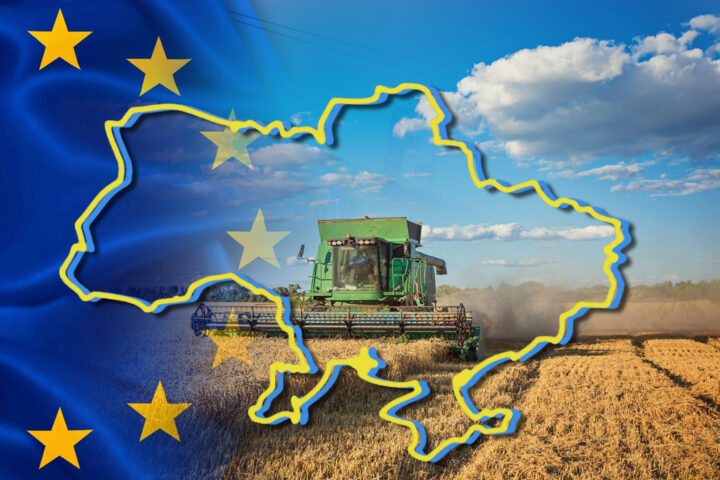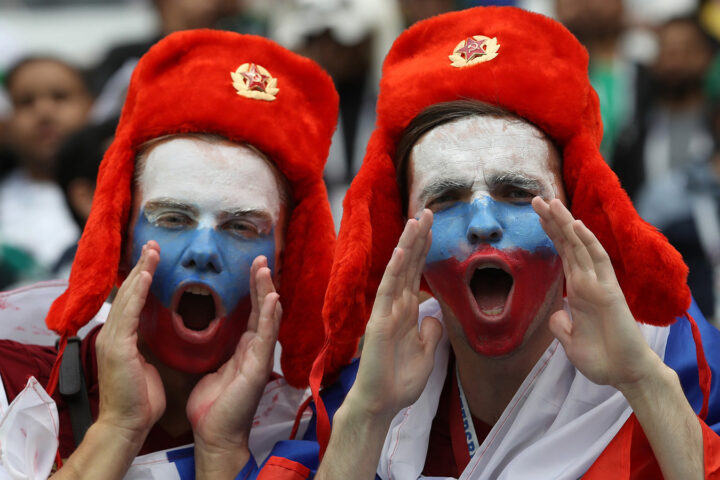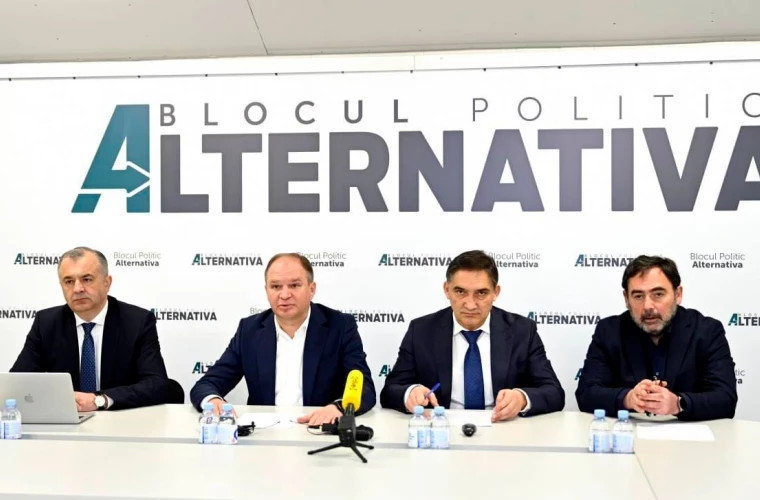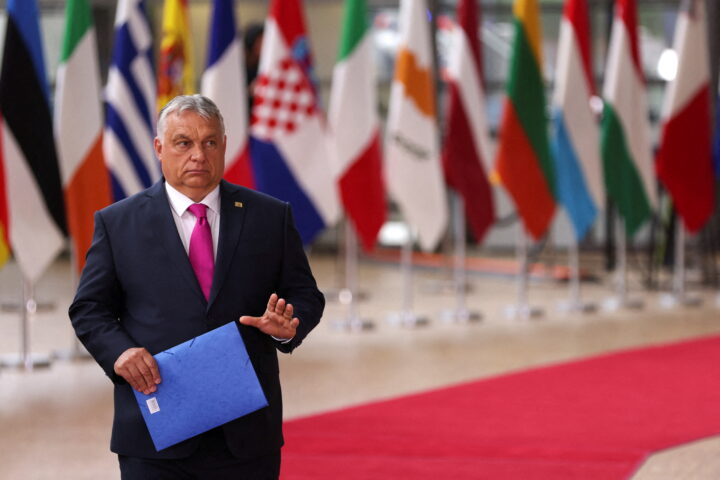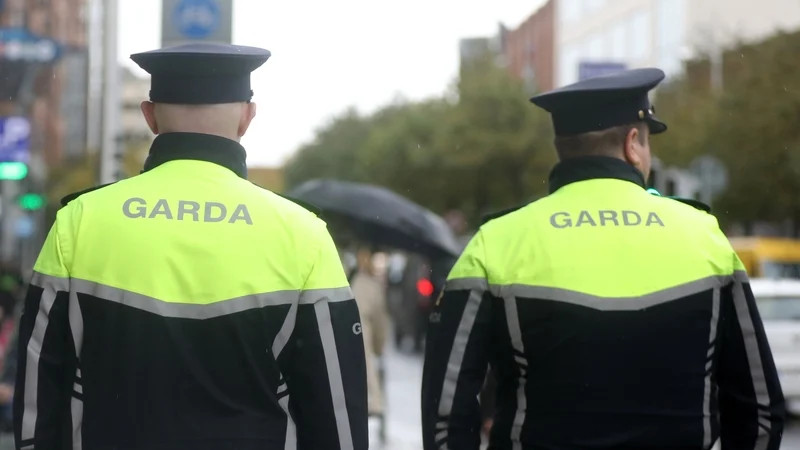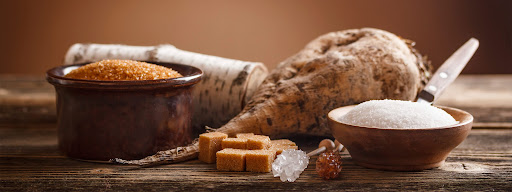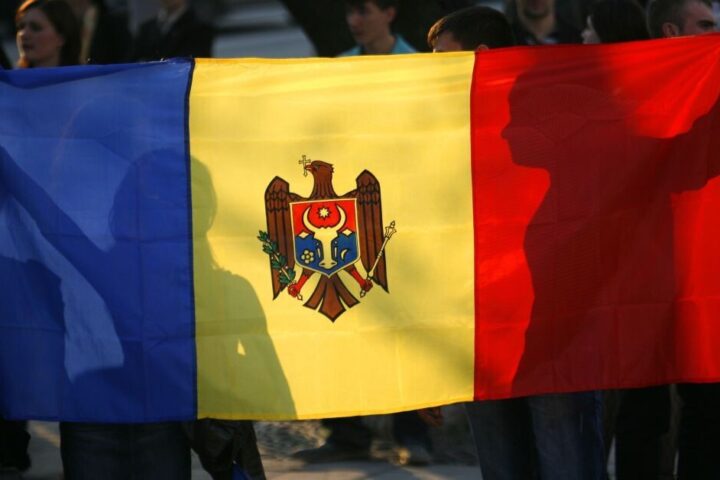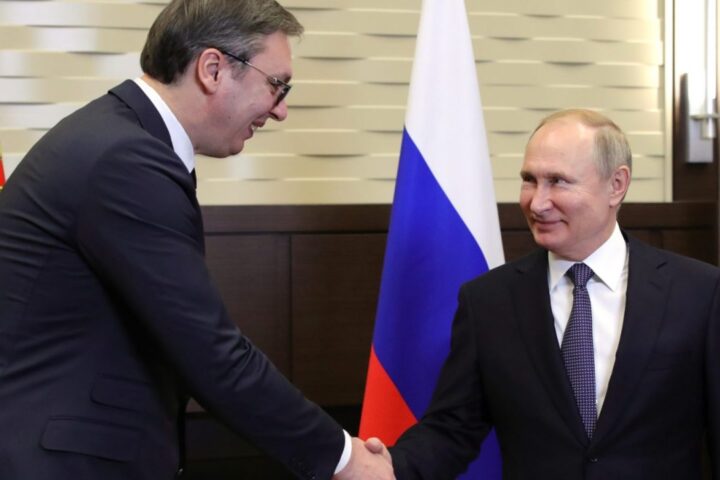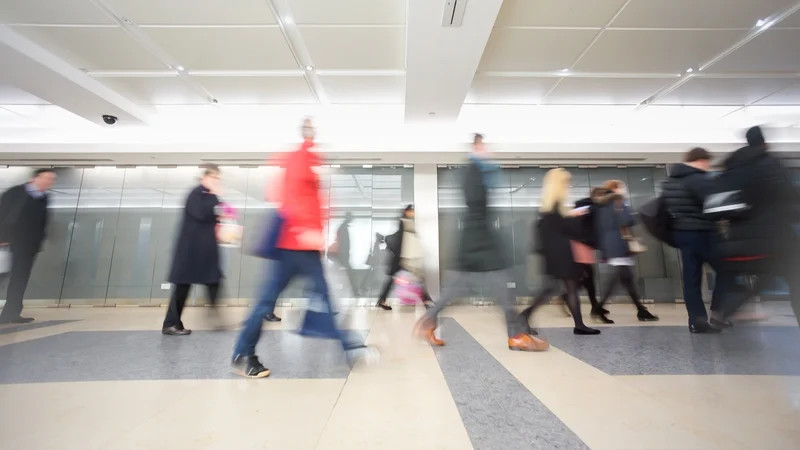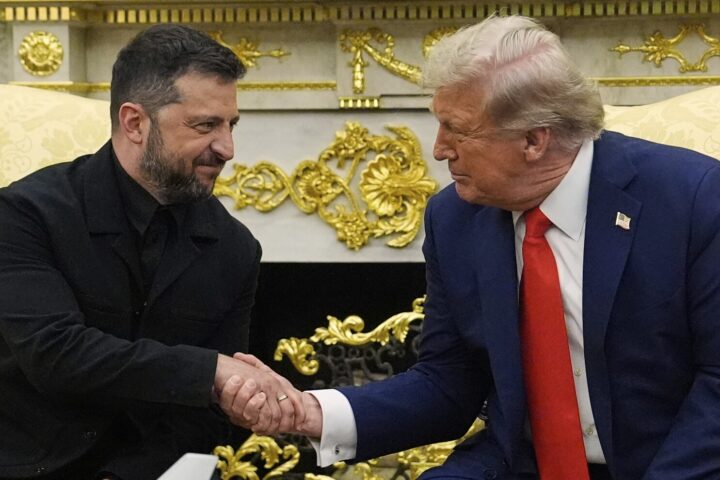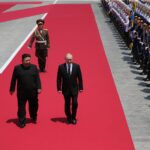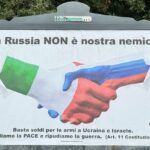On September 7, 2025, several hundred demonstrators gathered outside the Royal Opera House in London to protest the upcoming performances of Russian soprano Anna Netrebko. The singer, once a prominent supporter of Vladimir Putin, is scheduled to open the 2025–2026 season on September 11 with the lead role in Giacomo Puccini’s Tosca. Four performances of Tosca are planned, followed by her participation in Turandot in December and a solo concert in June 2026. Her return to Covent Garden has triggered fierce debate among British cultural figures and members of the Ukrainian community in the UK.
Royal Opera House protests highlighted divisions over whether cultural institutions can separate art from politics. Critics recalled Netrebko’s political ties: she endorsed Russia’s annexation of Crimea in 2014, appeared with separatist leaders in eastern Ukraine, and publicly supported Moscow’s policies. In 2012, she served as a trustee for Putin’s presidential campaign. Although she later issued a general statement against war following Russia’s full-scale invasion of Ukraine in February 2022, she avoided condemning the aggression directly, prompting many Western theaters and concert halls to sever ties with her.
Cultural and political backlash
In mid-August, 50 cultural, political, and civic leaders from the UK and Ukraine published an open letter urging the Royal Opera House to cancel Netrebko’s invitation, warning that it “ignores the pain of Ukrainians and undermines principles of cultural solidarity during wartime.” Prominent Ukrainian writer Andrey Kurkov noted the inconsistency of the Royal Opera House’s approach, recalling that it withdrew from a production in Israel scheduled for 2026 in protest over civilian deaths in Gaza, yet welcomed an artist closely associated with Russian cultural propaganda.
Critics argue that the Royal Opera House’s decision reflects a wider ethical blind spot in Western institutions, which often fail to recognize how Russia has long weaponized culture for political purposes. For Moscow, Netrebko’s success abroad is used as proof of the supposed grandeur of Russian culture, serving as an instrument of soft power even as the Kremlin continues its war in Ukraine.
Divisions over art and politics
Royal Opera music director Jakub Hrůša defended the decision, calling Netrebko one of the best sopranos in the world and urging the public to accept her condemnation of war as sufficient. Yet many cultural figures insist that simply being “against war” is no longer enough; artists must take clear, articulated positions, and Western cultural institutions must weigh those stances when offering collaboration.
Netrebko’s comeback to prestigious European stages illustrates the tension between viewing art as autonomous and recognizing it as a tool in political battles. For opponents, her performances are not just artistic events but symbols of how Russia continues to exert cultural influence despite sanctions and international isolation. The debate surrounding her return underscores how art itself has become a battleground for values in the ongoing conflict.
